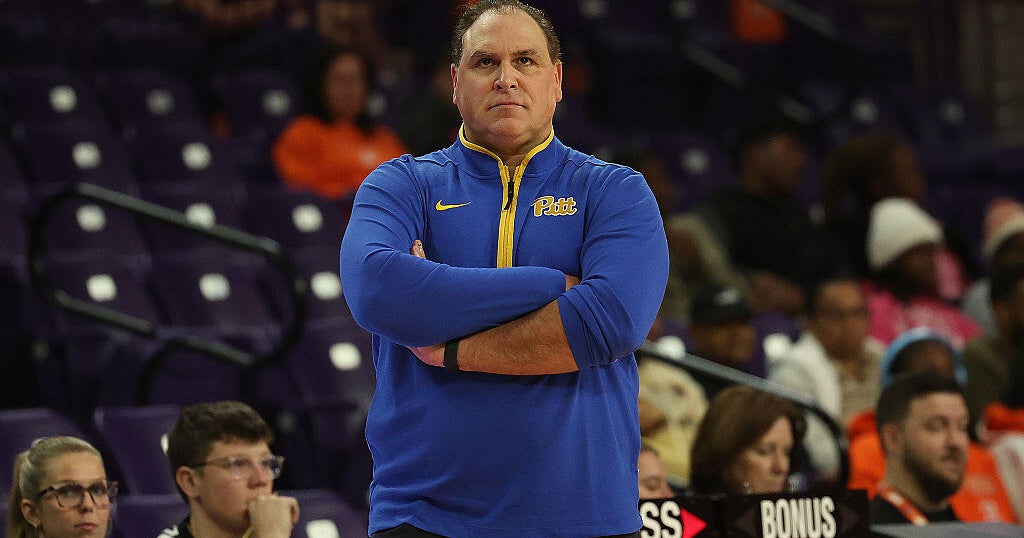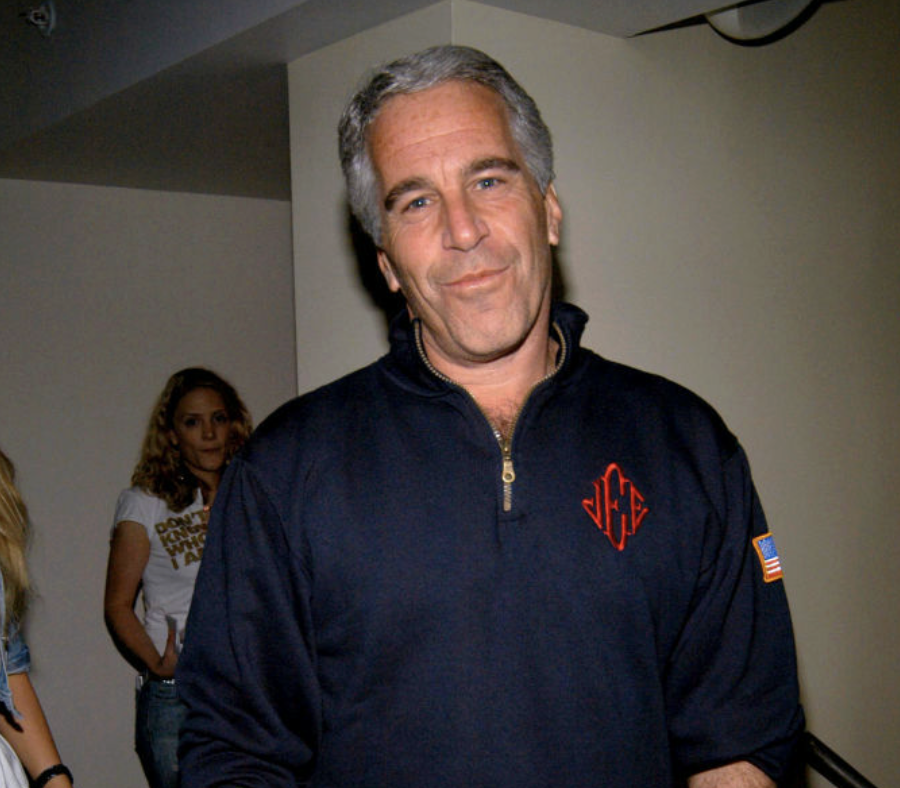Why workers should only give 85% for optimal results
For best results at work, don't give it your all.
Some sports coaches and corporate leaders now say the way to do your best work is to try a little less hard, the Wall Street Journal reported. In fact, putting in maximum effort all the time could be counter productive and backfire by leading to burnout and diminished morale.
"There's science behind it. A lot of this actually comes from athletics. This idea that when you tell people — athletes — to run at 100%, they actually run slower than if you tell them, 'take it down, just a touch,'" Wall Street Journal reporter Rachel Feintzeig told CBS News.
The approach applies to non-athletic endeavors, too.
Pushing for perfection at work often leads to less than stellar outcomes.
Instead, give the task at hand 85% effort.
Different from slacking or phoning it in
"Dial it back a little, aim for 85%," Feintzeig said. "Again, this isn't about totally slacking or phoning it in; it's about going just a little bit less hard."
When one stops aiming for perfection, it becomes easier to maintain outstanding performance.
"We've grown up steeped in this American idea of max effort all the time and people are realizing, especially after the pandemic, that that just hasn't been working out that great for them. They feel awful when they do that, they get discouraged," Feintzeig said.
In other words, tracking one's personal, health and work goals on a spreadsheet, and chastising oneself when those goals are not consistently met, is a formula for failure.
Aiming for about 85% success over the course of a week, on the other hand, can more realistically be achieved.
Will bosses be on board?
Some bosses expect more than an individual can reasonably deliver. Others are more accommodating.
Feintzeig's advice is to experiment across the spectrum of effort and success.
"Take it down a little bit. File that presentation without every single additional slide and compendium and piece of research and see what happens," she said. "See what happens and test it out and you can figure out where to pull back and where this approach might work for you."



